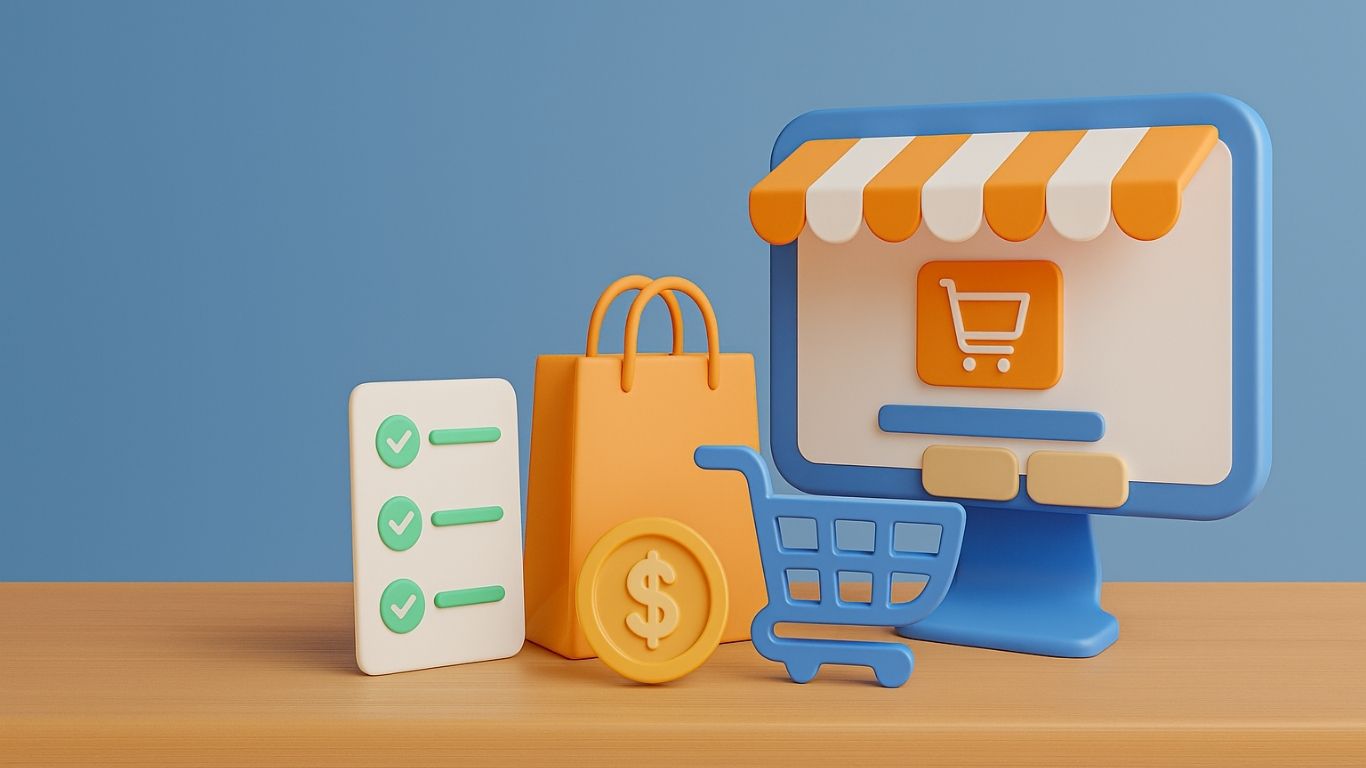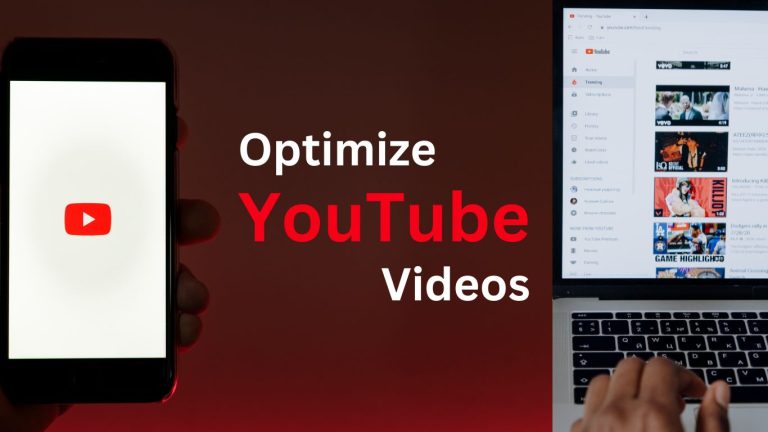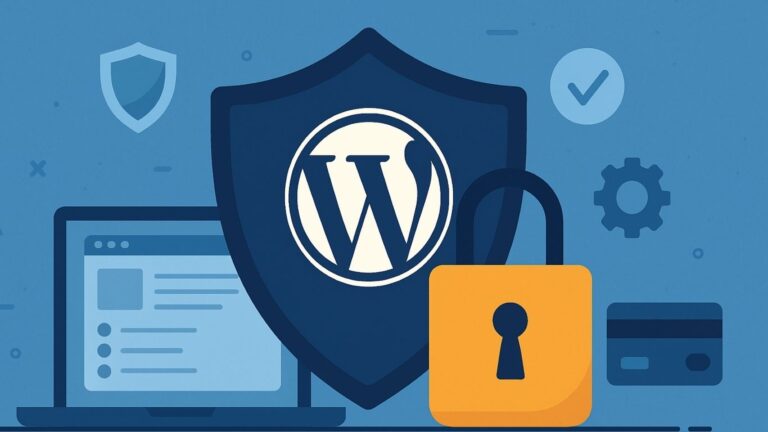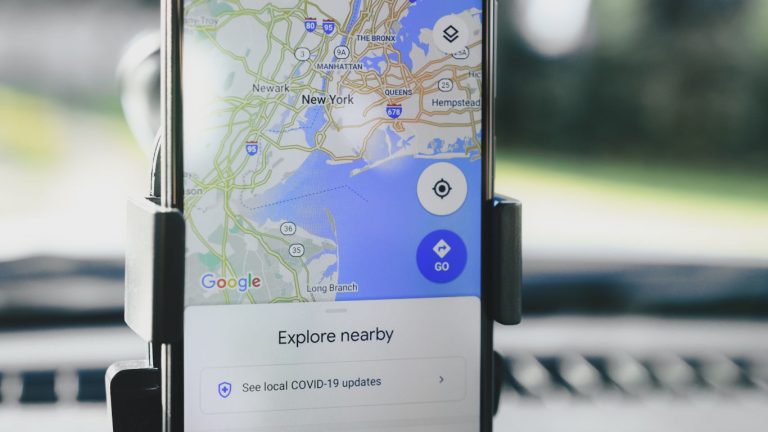Best E-commerce Platforms for Beginners: 5 Smart Steps to Launch Your Store #ecommerce #onlinestore #startups
Best E-commerce Platforms for Beginners: 5 Smart Steps to Launch Your Store
Starting your first online store can feel like standing at the edge of a digital ocean — thrilling, full of promise, and yes, slightly terrifying. The best e-commerce platforms for beginners serve as your boat — stable, intuitive, and ready to take you wherever your business dream leads. In this guide, we’ll unpack the top beginner-friendly platforms and map out five steps to help you pick the one that fits your unique goals.
1. Why Choosing the Right Platform Matters for the Best E-commerce Platforms for Beginners
Common beginner mistakes to avoid
Choosing the wrong platform is like trying to learn guitar on a broken string instrument — frustrating and discouraging. Beginners often get lured by shiny features or cheap pricing, overlooking the steep learning curve or hidden limitations.
How your platform choice affects long-term growth
Your platform is more than a website; it’s your storefront, your inventory manager, your marketing assistant, and more. A beginner-friendly choice today could either scale smoothly with your growth or crumble under pressure later.
Affiliate Tip: Platforms like Shopify often offer 14-day free trials. Perfect for test-driving before you commit. Try Shopify Free
2. Overview: What Makes an E-commerce Platform Beginner-Friendly?
Ease of setup and design flexibility
A good beginner platform offers drag-and-drop editors, pre-designed templates, and minimal setup hurdles. It should feel like customizing a room, not wiring a house.
Payment integration and customer support
Quick payment integration and 24/7 support can save you hours. If you’re fumbling with SSL certificates or Stripe setup, it’s not beginner-friendly.
Monetization Angle: Recommend website builders that include built-in payment tools to reduce third-party costs.
3. Shopify: The Gold Standard for Ease and Scalability for Best E-commerce Platforms for Beginners
Key features for beginners
Shopify is plug-and-play. It has sleek themes, real-time inventory, and built-in SEO. For someone starting fresh, it’s like business-in-a-box.
Pricing, pros, and cons
Starts at $39/month
No coding required
Great support, app store
Limited free customization
Try It Risk-Free: Shopify Free Trial
4. WooCommerce: Perfect for WordPress Users for Best E-commerce Platforms for Beginners
Customizability and control
If you’re already familiar with WordPress, WooCommerce feels like a natural extension. It’s open-source, which means flexibility — but also responsibility.
Costs and plugin essentials
WooCommerce itself is free, but essential plugins (security, payment, themes) can add up.
Affiliate Note: Recommend WooCommerce hosting providers like Bluehost or SiteGround for monetized referrals.
5. Wix: Drag-and-Drop Simplicity with Style
Built-in templates for fast setup
Wix offers elegant, mobile-ready themes and a visual editor that makes design feel fun — like Canva for websites.
Ecommerce limitations to know
While ideal for small inventories, Wix can struggle with large-scale stores or advanced inventory tools.
Monetization Angle: Promote premium Wix plans for creators who sell digital products.
6. BigCommerce: Growing with Your Business for Best E-commerce Platforms for Beginners
Who should choose BigCommerce?
If you’re already thinking ahead — international sales, B2B, or enterprise scaling — BigCommerce is built for big ideas.
Pricing and scalability
Plans start at $39/month. Unlike Shopify, it includes many advanced features in the base plan.
Affiliate Idea: BigCommerce affiliate program offers generous CPA payouts.
7. Squarespace: For Creatives Selling Online
Visual edge and design freedom
Photographers, authors, and designers love Squarespace for its award-winning design. It’s like Apple meets Etsy.
Ecommerce functionality overview
Though not as robust for scaling, Squarespace covers basic store needs with beautiful flair.
Affiliate Opportunity: Recommend Squarespace to digital creators and consultants.
8. Feature-by-Feature Comparison Table
| Platform | Ease of Use | Price | Best For | Free Trial |
|---|---|---|---|---|
| Shopify | ★★★★★ | $39+ | All-around beginner | Yes |
| WooCommerce | ★★★★ | Variable | WordPress users | N/A |
| Wix | ★★★★★ | $27+ | Drag-and-drop fans | Yes |
| BigCommerce | ★★★★ | $29+ | Scaling businesses | Yes |
| Squarespace | ★★★★ | $25+ | Designers/creatives | Yes |
9. 5-Step Beginner Roadmap to Choose Your Platform for Best E-commerce Platforms for Beginners
Step 1: Define your product and customer journey
Are you selling digital art? Dropshipping gadgets? Your product determines whether simplicity or power matters more.
Step 2: Set a realistic budget
Factor in monthly costs, domain fees, plugins, and paid themes. Spending wisely up front can save later.
Step 3: Compare core features that matter
Prioritize what you need now and what you’ll need next year — from product variants to third-party integrations
Step 4: Use free trials or demos
Play before you pay. Shopify and Wix let you explore their dashboards before committing.
Step 5: Commit and build
Once you’ve tested the waters, don’t overthink. Choose a platform and launch your MVP (Minimum Viable Product).
Monetization Tip: Encourage readers to use your referral links during the trial phase.
10. Build with Confidence for Best E-commerce Platforms for Beginners
Don’t let tech fear stop your business dream
The world of e-commerce is vast — but you don’t have to know everything at once. Just the next step. Choose the best e-commerce platform for beginners that aligns with your goals, and build from there.
✅ Bullet-Point Summary (5–15 points)
- Launching your first online store? This guide helps you choose the best e-commerce platform for beginners.
- Platforms covered: Shopify, WooCommerce, Wix, BigCommerce, and Squarespace.
- Shopify shines for ease and scalability, ideal for sellers who want all-in-one functionality.
- WooCommerce offers deep customization for WordPress users, but needs plugins and hosting.
- Wix provides intuitive drag-and-drop design, perfect for small inventories and creatives.
- BigCommerce suits businesses planning for serious growth and international expansion.
- Squarespace is favored by designers and creatives for stunning visuals and clean layouts.
- A feature-by-feature comparison table breaks down pricing, flexibility, and best use cases.
- Learn the 5 essential steps to select the right platform, from product definition to trial testing.
- Each section includes affiliate/ad opportunities for monetized link placements.
- Ideal for beginners looking to avoid common tech and cost-related mistakes.
- The tone is conversational, emotionally resonant, and SEO-optimized.
- Personal reflections and analogies make it easy to relate and follow.
- Includes resources and FAQs to guide users beyond platform setup.
- Practical tips for choosing scalable, secure, and user-friendly platforms.
FAQs About Beginner E-commerce Platforms
1. What is the cheapest platform for beginners?
WooCommerce is free in its base version but requires paid plugins and hosting. Wix offers the lowest all-in-one starting plan.
2. Can I sell products without a website?
Yes, platforms like Shopify Lite and social commerce tools let you sell via Instagram or Facebook without a full website.
3. Which platform is best for digital products?
Squarespace and Wix are great for creatives selling eBooks, music, or courses. Their templates support file delivery and subscriptions.
4. Is Shopify better than WooCommerce?
Shopify is better for beginners who want speed and simplicity. WooCommerce wins on flexibility but has a learning curve.
5. Can I use my existing domain name?
Absolutely! Most platforms let you connect an existing domain or buy a new one during setup.
6. How long does it take to launch a store?
You can launch a simple store in one weekend using Wix or Shopify. WooCommerce may take longer due to setup complexity.
7. Do these platforms support international sales?
Yes, but features vary. BigCommerce and Shopify offer strong international tools like multi-currency and shipping zones.
8. Is it possible to switch platforms later?
Yes, but data migration can be complex. Start with a scalable platform if growth is your goal.
9. What about SEO for my store?
All major platforms support SEO basics, but Shopify and WooCommerce offer the most advanced tools and plugins.
10. Are free platforms reliable for business?
Free plans work for testing, but serious selling needs paid features. Invest early to avoid roadblocks.
11. Which is best for dropshipping?
Shopify has powerful dropshipping apps like Oberlo and Spocket, making it a favorite among dropshippers.
12. Can I run ads on these platforms?
Yes, and most integrate easily with Google Ads, Facebook, and Instagram Shopping.
13. What kind of support do these platforms offer?
Shopify has 24/7 chat; Wix has phone and email support. WooCommerce relies more on community and documentation.
14. Do I need to know coding?
No! All these platforms offer visual builders. WooCommerce allows coding if you want to customize more deeply.
15. Where can I find help building my store?
Explore expert services on Rizwan’s E-commerce Services or check out his Shopify-ready Portfolio for inspiration.
Explore These Valuable Resources
To deepen your understanding of beginner-friendly e-commerce platforms, check out these trusted, high-quality sources:
🌐 Shopify Learn: Dive into free tutorials, webinars, and business templates from Shopify’s official resource hub.
📘 WooCommerce Documentation: Discover everything you need to know about configuring, customizing, and optimizing WooCommerce.
🎨 Wix eCommerce Academy: Learn design and growth strategies directly from Wix’s curated e-commerce learning hub.
📦 BigCommerce University: Watch in-depth video courses to master BigCommerce tools and strategies.
🧠 Squarespace Help Center: Easily search for answers on launching creative stores and handling e-commerce setup.
🔍 Neil Patel’s Beginner SEO Guide: Understand how to optimize your online store to attract organic traffic from day one.
🛠️ Google Search Central: E-commerce SEO: Learn best practices directly from Google on how to improve your product visibility.
💡 HubSpot’s E-commerce Marketing Guide: Boost your understanding of sales funnels, email marketing, and customer retention.
📈 Oberlo Blog on Dropshipping: Stay updated with trends and tools for launching dropshipping businesses via Shopify.
🧳 GetRizwan.com Blog: Continue learning with weekly insights tailored for new digital entrepreneurs.
These curated links not only provide strategic insights but also empower you to act. Transitioning from platform comparison to launch planning becomes significantly easier when you leverage these expert resources.





